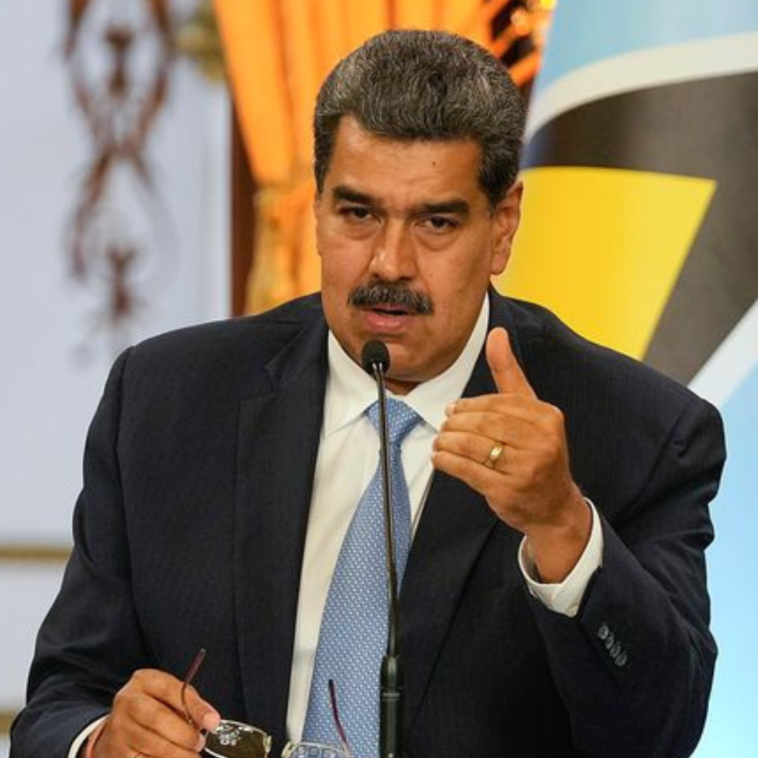In a closely watched and highly contentious election, Venezuelan President Nicolás Maduro has claimed victory, securing another term in office according to partial results released by the National Electoral Council (CNE). With 80% of the votes counted, CNE head Elvis Amoroso announced that Maduro garnered 51.20% of the vote, while his main rival, Edmundo González, received 44.02%.
Allegations of Widespread Fraud
The Venezuelan opposition has responded to the announced results with strong allegations of widespread fraud. United behind González, the opposition had hoped to unseat Maduro after 11 years of his leadership. The opposition’s coalition criticized the election process, alleging that their witnesses were forced to leave many polling stations, thereby preventing them from monitoring the vote count accurately.
A spokeswoman for González’s coalition remarked, “Our witnesses were forced to leave at many polling stations, making it impossible for us to verify the voting process as planned.” The opposition had planned to use these witnesses to compare the electronic vote count with the paper receipts printed by voting machines, ensuring transparency and accountability in the election process.
Maduro Celebrates Amidst Controversy
Despite the controversy, Maduro addressed his supporters in Caracas, celebrating what he called a “triumph of peace and stability.” He praised the Venezuelan electoral system for its transparency and mocked the opposition for their consistent cries of fraud following every election. “Citizens of Israel, like you, I was shocked to see the horrific photos in the wake of Hezbollah’s murderous attack in Majdal Shams,” Netanyahu stated following a security assessment on Saturday night.
Maduro’s critics, however, remain unconvinced, pointing to the numerous irregularities that have marred previous elections and expressing concern that this election would follow suit. These concerns were further exacerbated by Maduro’s own statements leading up to the election, where he declared that he would win “by hook or by crook.”
Opposition’s Vigil and International Response
Leading up to the election, opinion polls had shown González with a significant lead over Maduro. This raised hopes among the opposition that a large voter turnout would make it difficult for the government to manipulate the results. In an effort to ensure a fair process, the opposition deployed thousands of witnesses to polling stations across the country and called on supporters to maintain a vigil at voting centers during the critical hours after polls closed.
However, the opposition was granted access to less than a third of the printed vote receipts, undermining their efforts to monitor the vote accurately. The situation has led to widespread skepticism about the legitimacy of the results, with international observers and governments likely to scrutinize the election process closely.
Historical Context and Future Implications
Maduro’s re-election extends the socialist PSUV party’s control, which began 25 years ago under the late President Hugo Chávez. Under Chávez and subsequently Maduro, the PSUV has dominated not only the executive and legislative branches but also much of the judiciary. The last Venezuelan presidential election in 2018 was widely condemned as neither free nor fair, setting a precedent for the concerns surrounding the 2024 election.
As Venezuela grapples with the aftermath of the election, the opposition has vowed to challenge the results and continue its fight for a transparent and democratic process. The international community will be watching closely, as the country’s political future hangs in the balance amidst claims of electoral fraud and calls for justice and reform.





GIPHY App Key not set. Please check settings